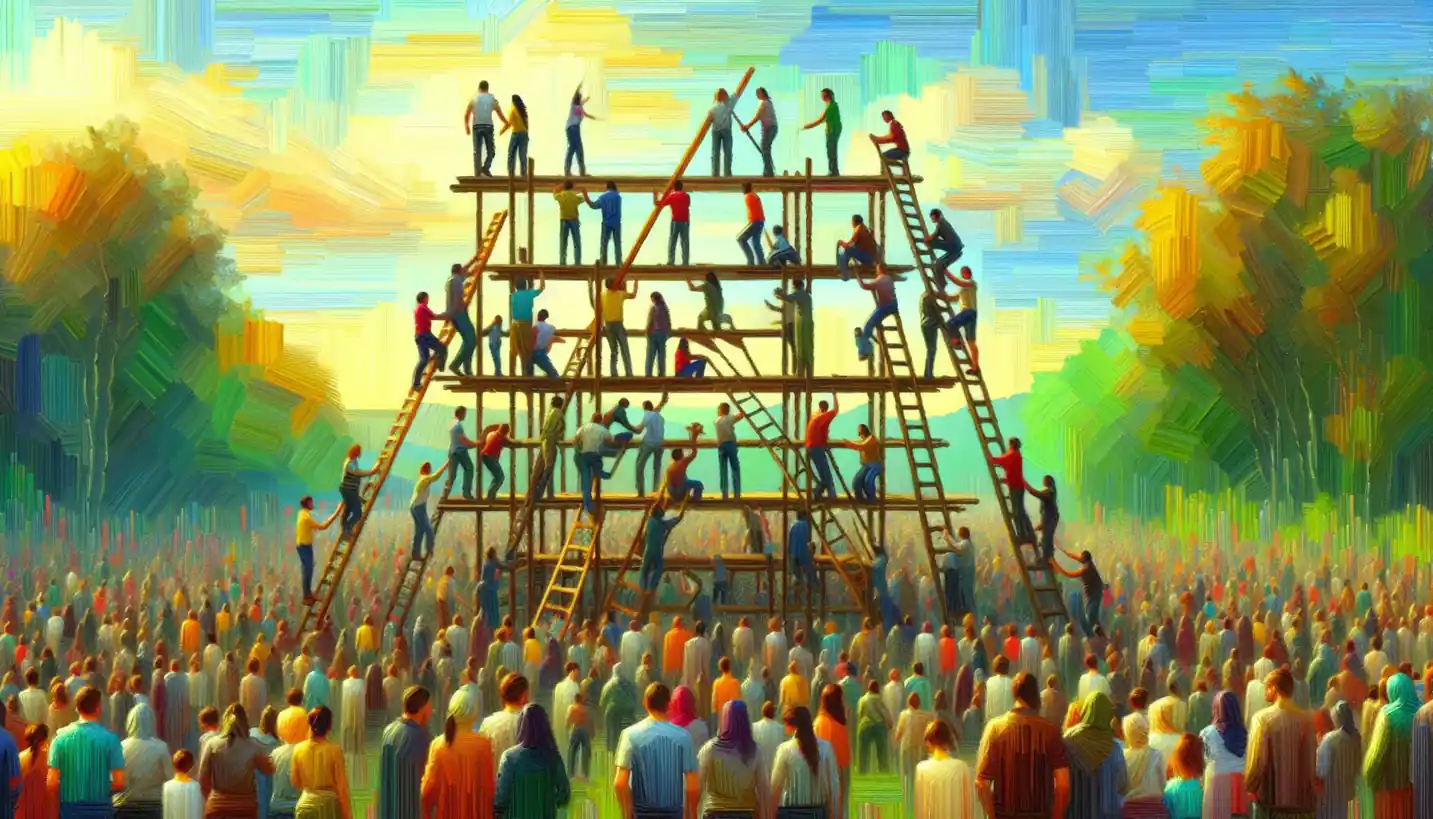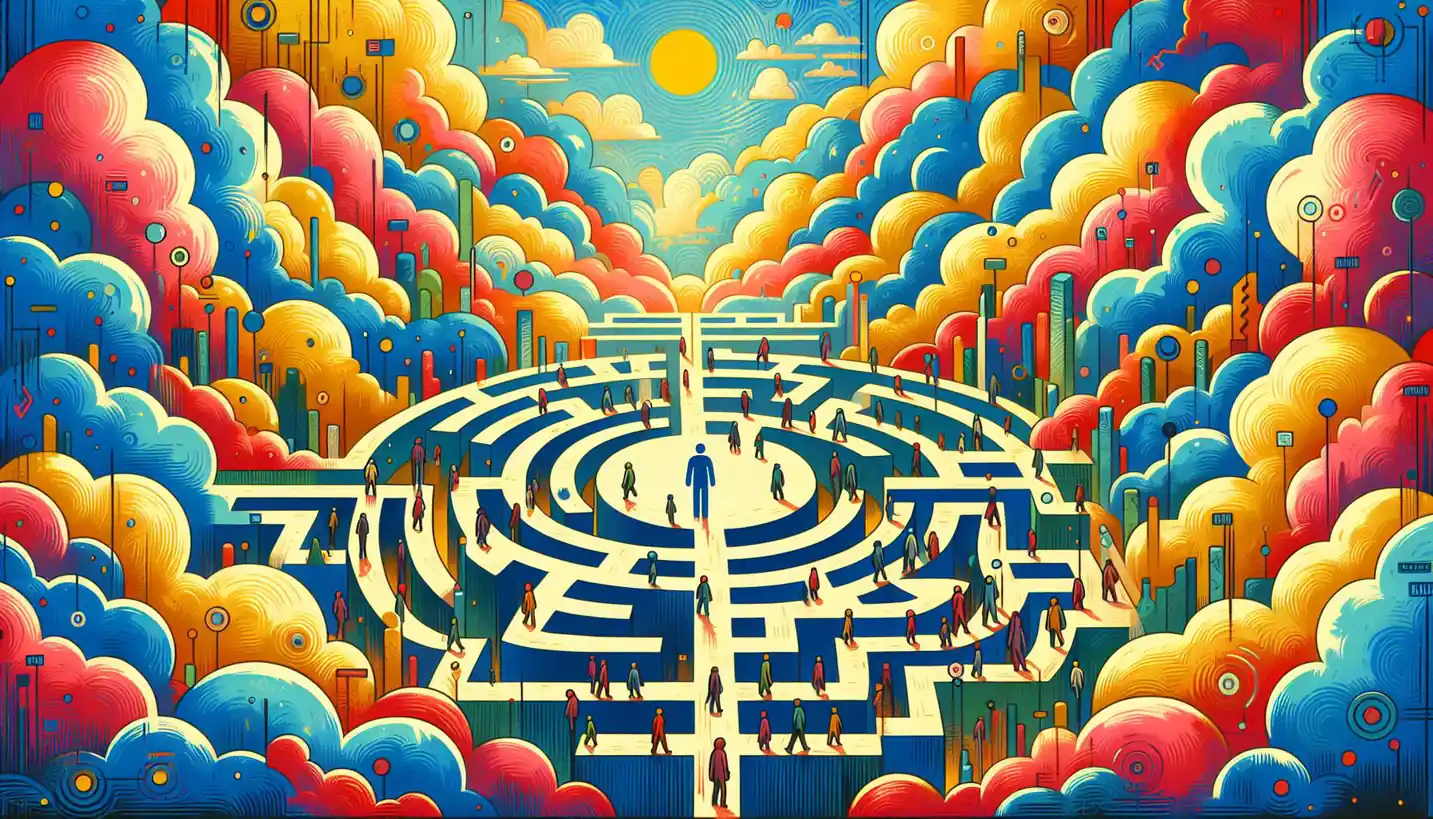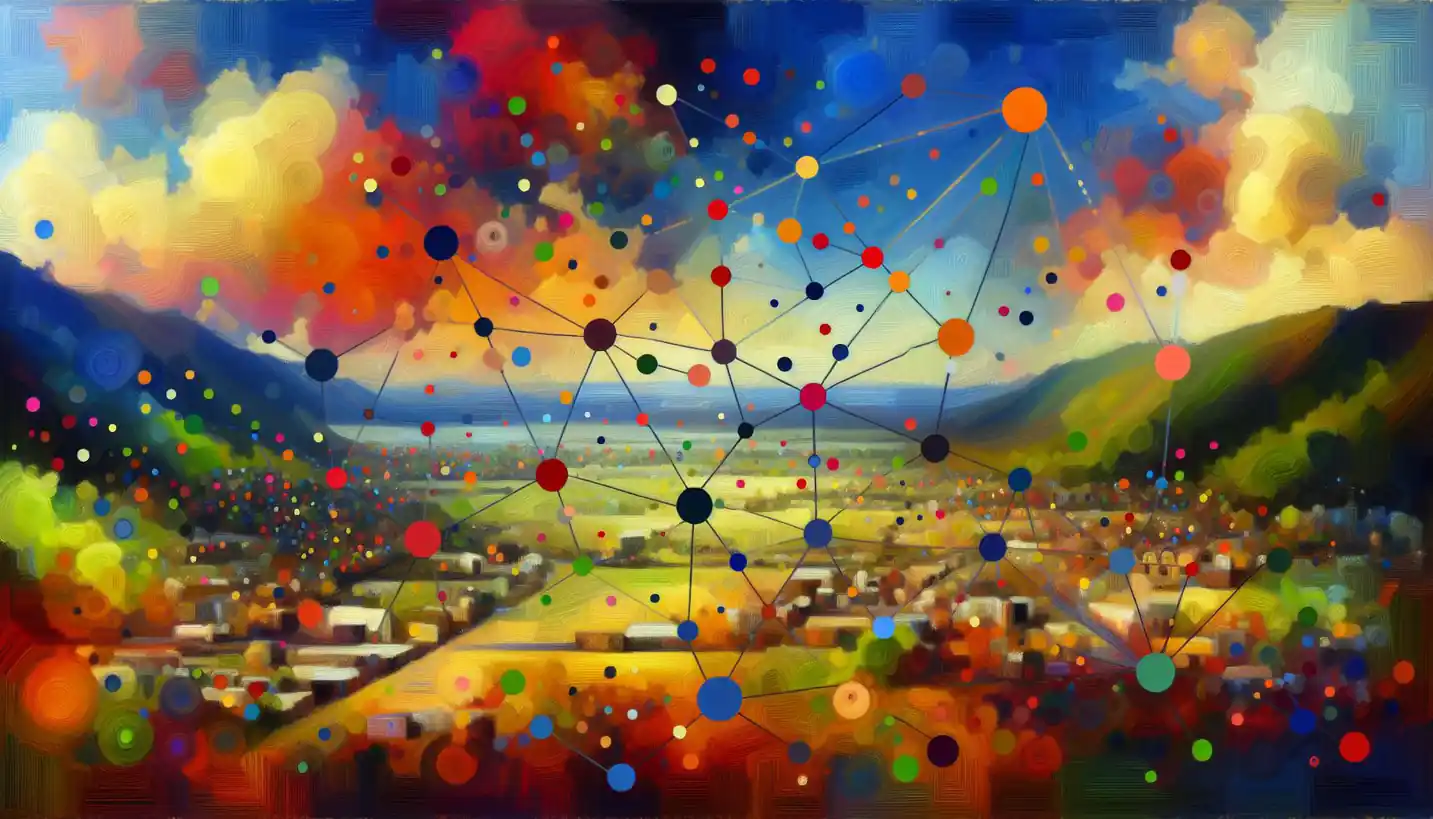· Sociology · 4 min read
Functionalism in Religion: Exploring Society's Unseen Glue
Functionalism in Religion: Exploring Society's Unseen Glue reveals how religious beliefs quietly bind communities together. Explore the role of faith in maintaining social cohesion and order.

Once we start exploring the role of religion, it’s like uncovering the hidden forces that keep the wheels of society turning smoothly. Sociology, the study of society, dives deep into this with a perspective called “functionalism.” This approach gives us a glimpse into how religion operates like a vital cog in the machinery of human relationships and culture.
Imagine society as an elaborate clock. Every part has a role, and religion is one of those key components ensuring everything ticks just right. According to functionalist thinkers like Emile Durkheim, religion isn’t just about personal belief or spiritual experience; it plays a fundamental role in maintaining social order and cohesiveness.
The Glue That Binds Society
Let’s break it down. Functionalism views religion as a social glue, binding people together with shared beliefs and practices. It creates a common identity, a sense of belonging, and shared values. This is the stuff that makes societies stable and coherent. Think about how gatherings around religious ceremonies create a shared experience, turning individuals into a community.
For Durkheim, religion is the source of collective conscience, a term he used to describe the set of shared beliefs and moral attitudes which operate as a unifying force within society. It’s like a shared compass that guides society’s moral direction, helping people differentiate between right and wrong, sacred and profane.
Answering the Big Questions
Religion also steps in to answer some of life’s trickiest questions. Why are we here? What is the purpose of life? In doing so, it provides comfort and assurance, a framework for understanding inexplicable events like death or natural disasters. This function of religion helps individuals and communities cope with stress and uncertainty, a vital aspect of social stability.
Imagine facing a tough situation without any guidance. Religion, for many, acts as that guide, offering explanations and solace. It’s like having a comforting hand on your shoulder, whispering that everything will be okay, that there’s a reason behind the chaos.
Social Integration and Control
Functionalists also see religion as playing a pivotal role in integrating diverse groups of people. Festivals, rituals, and regular gatherings serve as social rituals that reinforce group identity and solidarity. It doesn’t matter who you are outside the temple, mosque, or church—inside, everyone is part of the same story.
Think of major religious celebrations that draw people together, transcending individual differences. They’re not just about religious devotion but are also social events that strengthen community ties. In this way, religion often acts as a social equalizer, a unifier not despite our differences but because of them.
But there’s more. Religion also acts as a mechanism of social control. By promoting a moral code, it helps maintain order and predictability. Underlying its teachings are usually guidelines for behavior that promote societal well-being. It’s like having a rulebook that everyone agrees to follow because it benefits all. This is why laws and ethical codes often find roots in religious teachings.
Critiques and Evolution
Now, like any theory, functionalism isn’t without its critics. Some argue it overlooks the negative aspects of religion. What about the conflicts and divisions it can cause? Or how it might support social inequalities? Critics claim that functionalism paints religion with too broad a brush, ignoring how it might serve the interests of specific groups rather than society as a whole.
However, these criticisms have led to richer discussions and deeper investigations into how religion functions in various social contexts. It’s a testament to sociology’s dynamic nature, ever-evolving as human societies transform.
The Modern Context
In today’s world, where secular perspectives often rise, functionalism gives us insights into why religion persists. Despite the changes in society, these functions of religion—providing community, answers, and guidelines—remain relevant.
Consider societies that have rapidly modernized yet still hold traditional religious practices dear. Functionalism might explain this as a way of preserving identity amidst change, a constant anchor in a sea of uncertainty.
Curious Minds, Endless Possibilities
The study of functionalism in religion opens up a plethora of questions: How do emerging spiritual movements fit into this framework? Can purely secular philosophies serve similar functions? These questions can guide future research, expanding our understanding of how beliefs shape societies.
In essence, uncovering the role of religion through functionalism is like discovering the core structures that support our social world. It’s a reminder of the intricate connections and shared experiences that define human communities, showcasing the unseen yet powerful role religion plays in shaping societal landscapes.
By peeking into how religion functions, we enrich our understanding of the complex tapestry that is society, encouraging curiosity and appreciation for the diverse ways humans find meaning and unity.


